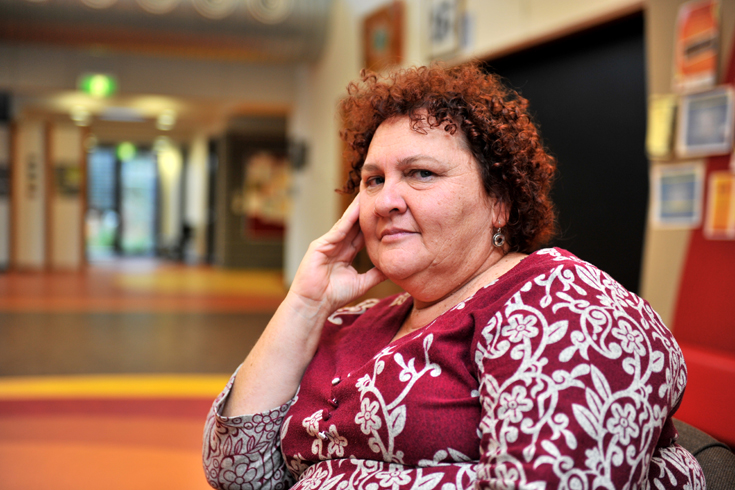A Thomastown childcare centre for Aboriginal children and families has taken its fight for federal government funding to the national capital.
Bubup Wilam for Early Learning chief executive Lisa Thorpe went with representatives of Whittlesea council to Canberra last week where they met Indigenous Affairs Minister Nigel Scullion and shadow minister Shayne Neumann to discuss the childcare centre’s long-term viability.
Federal government funding via the national partnership agreement on Indigenous early childhood development ceased on July 1 last year for the Bubup Wilam centre. Ms Thorpe said operational costs were about $1.5 million a year and she estimated the centre faced a funding gap of $500,000 a year within the current mainstream funding model.
The state government’s Early Start Kindergarten scheme funds one qualified teacher for every 15 children whereas Bubup Wilam operates with five adults as well as a qualified teacher for 18 to 20 children.
Ms Thorpe said it was crucial that the federal government recognise the centre as an Aboriginal organisation so that it could qualify for funding through other grant streams.
“We can’t cut it by ourselves under the mainstream scheme alone,” Ms Thorpe said.
“The whole system is based on working parents, but our children come here for very different reasons. And the council totally backed us,” she said. “That was huge, that the council has come out fighting for us.”
Whittlesea mayor Ricky Kirkham said the discussions in Canberra had been worthwhile.
“Bupup Wilam’s sustainability model is a bit more challenging because of the preference for engaging with the child’s family,” Cr Kirkham said.
The Bubup Wilam centre works closely with Aboriginal and Torres Strait Islander families and uses culturally appropriate materials to provide early learning for young people, as well as parental education.
The centre was established in 2012 with $8.3 million of federal funding and $500,000 from the state government. It supports 68 children and 58 families, many of them in disadvantaged situations.







